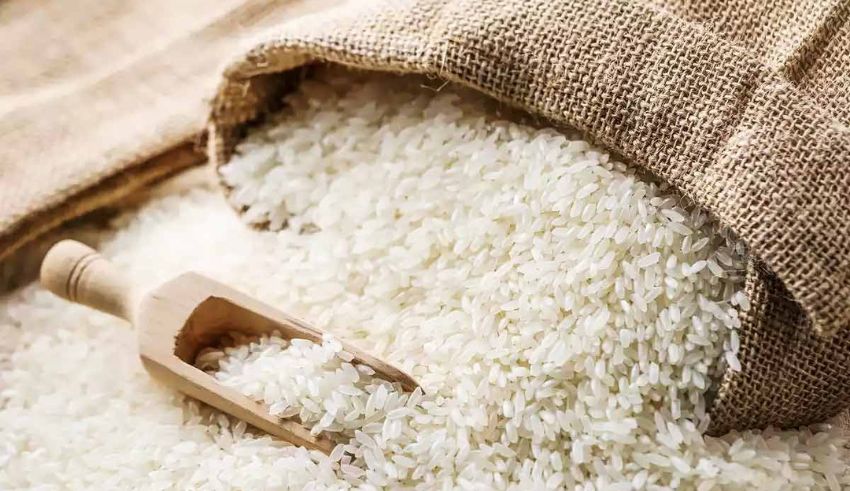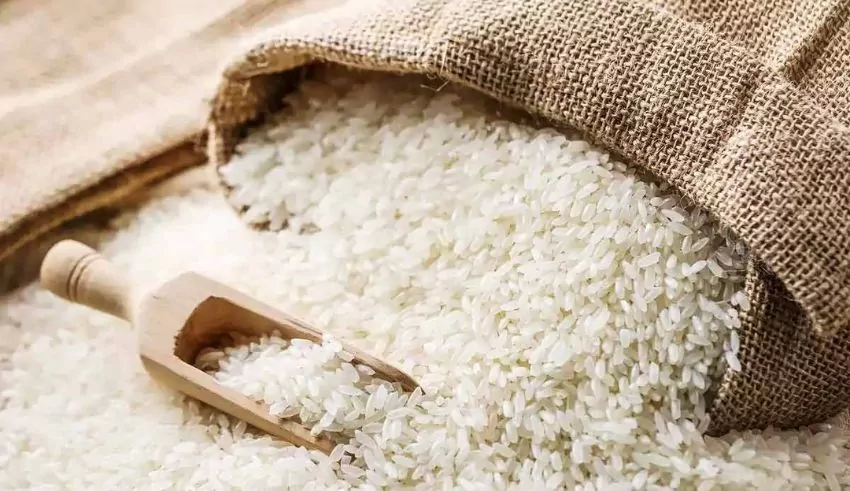

(C) Shortpedia Voices
The recent disruption brought on by India’s prohibition on rice exports has sent shockwaves through the global food market in a globe still reeling from the consequences of COVID-19, unfavorable weather, and regional wars. Worries of a coming food crisis reminiscent of historical occurrences in the late 20th and early 21st centuries have been raised by alarming shortfalls in rice and wheat supply. Questions about the role of governments, markets, and international collaboration in achieving food security arise as nations compete to secure essential food supplies.
The complex dance between markets and governments is what gives rise to the conundrum of food security. Although only governments are able to ensure food security, markets are essential for determining distribution and availability. Many nations have found it difficult to handle this intricate relationship, which has led to the pressing question at hand: Can India, as the G20’s current chair, show leadership in soothing a volatile global food economy?
A focus on local food security, particularly with a general election set for the spring of 2024, led to India’s decision to enforce a rice export restriction in July. The action highlights how crucial it is to protect the costs of basic foods for its people, but it also prompts worries about possible repercussions for the world rice market. India continues to face a tough task in finding a fine balance between meeting domestic requirements and preserving export reliability.
The focus of attention is on several important Asian nations as the world observes India’s manoeuvre. The Philippines carefully evaluates its rice inventories as Indonesia successfully manages food security challenges during the G20 Summit in 2022. While China’s rice production and stocks are still a tightly-kept secret, Vietnam’s export patterns are being closely examined. The way China responds to rising rice prices and a shortage of wheat might have a big impact on market dynamics.
The US Department of Agriculture projects that the world can manage anticipated rice shortages, which is a cautiously optimistic outlook. Localized hunger and decreased consumption may not translate into widespread shortages of rice. However, due to the difficulties caused by El Nino and geopolitical developments, rice prices are expected to rise. Whether this surge will be gradual, allowing for a regulated adjustment, or if a rapid spike will cause panic, is the crucial question.
The complex interplay between governments, markets, and global dynamics is highlighted in these volatile times. It is vital to secure food supplies while preserving economic stability, which calls for cooperation, planning, and forethought. To ensure that food security stays a crucial pillar of stability in a world that is always changing, the international community must actively watch changes, draw lessons from previous crises, and cooperate.
Malaysia has reached a historic milestone by ranking number one in the global Open Data Inventory (Odin) 2024/25, thanks to…
For Nogizaka46 fans, this May is going to offer a great opportunity to watch as their 6th Generation Members are…
The dual relationship between Malaysia and the Myanmar junta and National Unity Government (NUG) establishes a vital shift in how…
BLACKPINK's Lisa Declines to Perform at Miss Universe 2025 BLACKPINK's Lisa, who recently stole the limelight at the 2025 Coachella…
Japan's long-standing auto manufacturer Toyota has now officially partnered with Waymo, a U.S. company in the business of self-driving technologies,…
Malaysia Airlines' service expansion to Australia involves the deployment of modern Airbus A330neo aircraft with private business class suites that…
This website uses cookies.
Read More